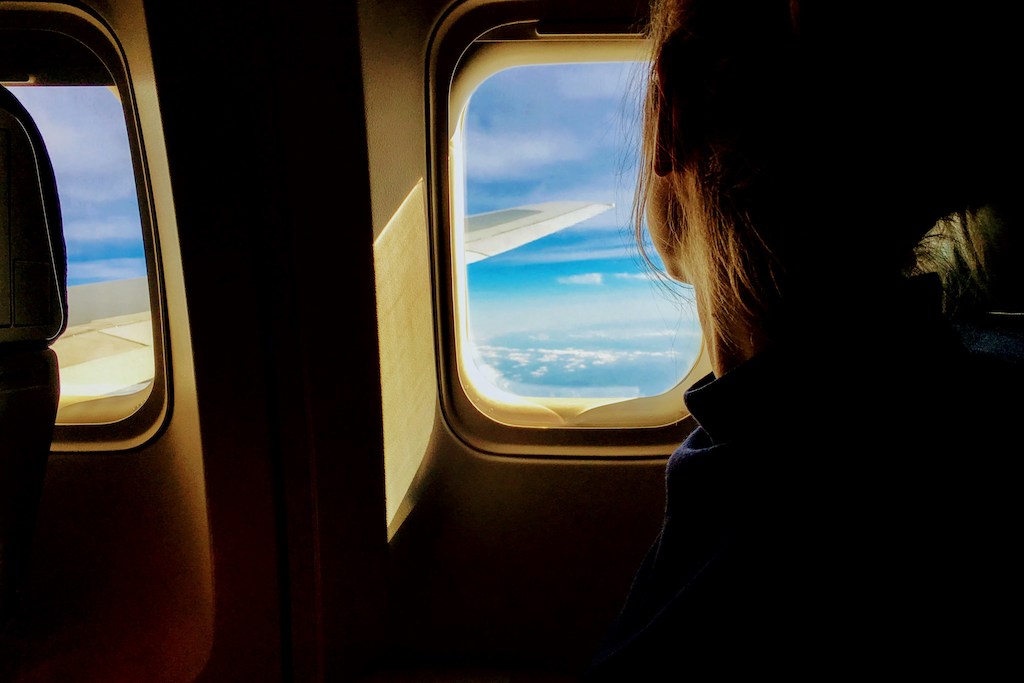Fewer travel programmes are catering for groups of travellers with additional needs compared to 2022 and 2023, according to new data from the Business Travel Show Europe.
More than half (54%) of the 141 European corporate travel and procurement managers participating in the survey admitted their programmes do not cater for LGBTQIA+ travellers compared to 22% in 2023.
A further 4% claim they would like to, but it’s too expensive. Just over a quarter (27% and little change from 26% in 2022) do look after LGBTQIA+ travellers and an additional 9% plan to.
People with accessibility requirements (around 25% of the UK population is disabled) also appear to be less well catered for compared to 2023 – dropping from 48% to 43%.
Despite accounting for around 15% of the UK population and 10% of the workforce in Europe, there’s an equally massive drop in the travel programmes providing consideration for neurodivergent people, from 39% to 18% though – again – this is less drastic when compared with 2022 (21%).
EventWell CEO & Founder Helen Moon said: “The reasons for ensuring neuroinclusion in travel are vast. A minimum of 20% of travellers will be diagnosed with a neurodivergent cognitive difference, but the reality that there are an even higher number of travellers who are undiagnosed.
“Accessibility and inclusion are about removing barriers to allow everyone equal opportunity to participate and engage. As a wider industry we have a duty of care to be supporting this, and it is vital component to the future of travel and events.”
Despite the ongoing conflict between Israel and Gaza, two thirds (67%) of travel programmes do not provide special considerations for Jewish travellers, with a further 7% claiming they are too small a community to justify the cost. The same stats apply to all orthodox religious travellers.

